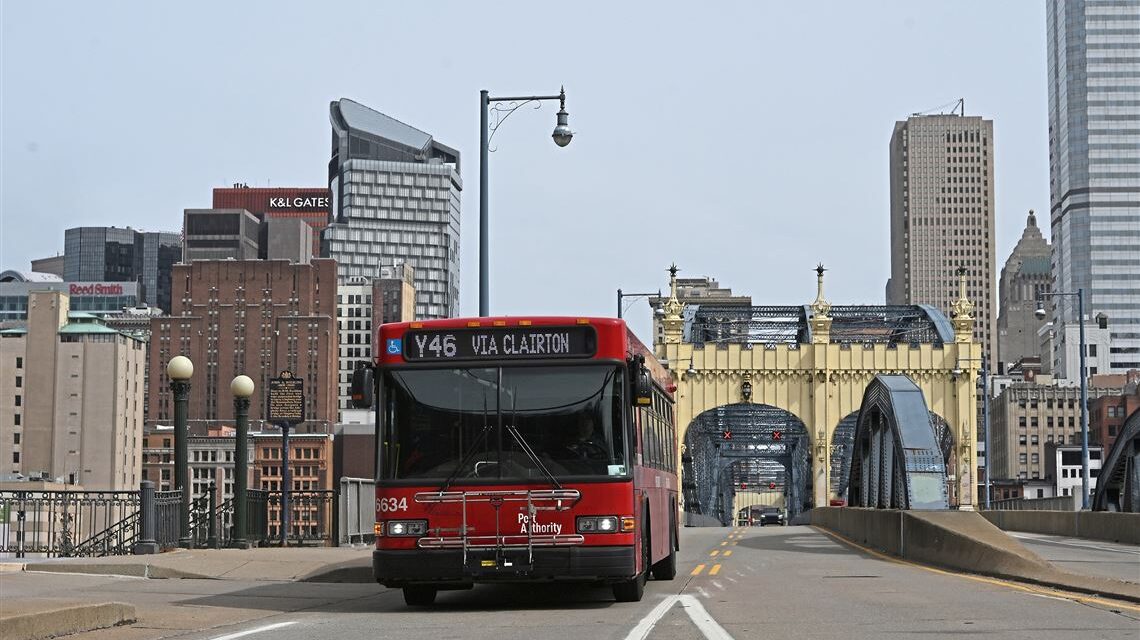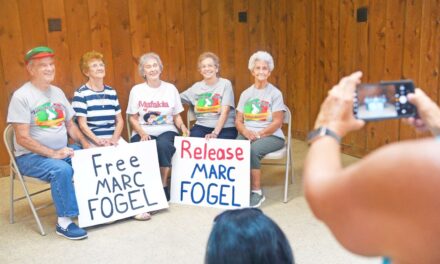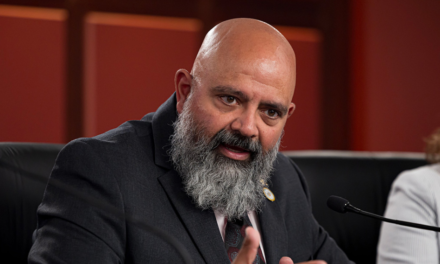Arguments over transit funding to avoid a transportation crisis is at the heart of the State budget fight.
Gov. Josh Shapiro and lawmakers are scrambling to finalize details of the state’s new budget ahead of the June 30th deadline. With public transportation experts warning of massive cuts to services looming, uncertainty has surrounded the debate over funding. Those experts have pushed Harrisburg lawmakers to enact substantial increases to state subsidy funds in the new budget to avoid service shortages. At his most recent news conference on Monday, Gov. Shapiro laid out a new budget plan that contains over $290 million of increases over the next five years.
Some budget hawks objected to Shapiro’s budget plan, pointing out that the state had already given billions of dollars in subsidies to transit agencies via the Department of Transportation during the COVID-19 lockdowns when usage plummeted. Most recently, the state approved a new package of increases to transit funding 12 years ago that was set to last 10 years, expiring in 2023., Due to the intervention from the Department of Transportation in 2020, most agencies have been able to survive for longer than that period. Pittsburgh Regional Transit is proposing a 10-year extension to the previous agreement but would also result in a 35% reduction in services by 2026. Services would end after 11 pm during the week, basic fare would increase by $0.25, and special services for Pittsburgh Steeler’s games would end.
Gov. Shapiro’s budget framework calls for addressing those service cuts by increasing the amount of revenue from the state sale’s tax that is then allocated to public transportation needs. The Governor has indicated that he’s open to exploring other budget frameworks as part of his discussions with state Republicans.
“This isn’t just some big city issue,” Shapiro said at a news conference. “We know how vitally important is here in south-central Pennsylvania, especially for our seniors who need these resources to be able to get around.” Shapiro’s comments coincided with a large rally organized by Transportation for All, a non-profit activist group planning demonstrations across the Harrisburg Capitol on Wednesday and throughout the week. A spokesperson from Transportation for All said they are expecting more than 300 people from Pittsburgh, Philadelphia and other large cities to advocate for massive transit funding increases. Gov. Shapiro is yet to meet directly with the organization.
Transit funding is also far from the only issue on the table for Shapiro as he navigates an increasingly complex political situation, with Democrats arguing against any federal cuts to programs such as Medicaid or Medicare. Other Republicans have sought to bring President Trump’s national arguments for balanced budgets to the state level, which complicates the transit funding debate.
Others have pointed out that even with increases to funding, ridership has decreased by close to 50% in the last 20 years on public transportation lines. Current projected costs are expected to reach $650 million by 2029, a figure that many in the state have said is insurmountable given the sharp decrease in usage, and the looming service cuts.






